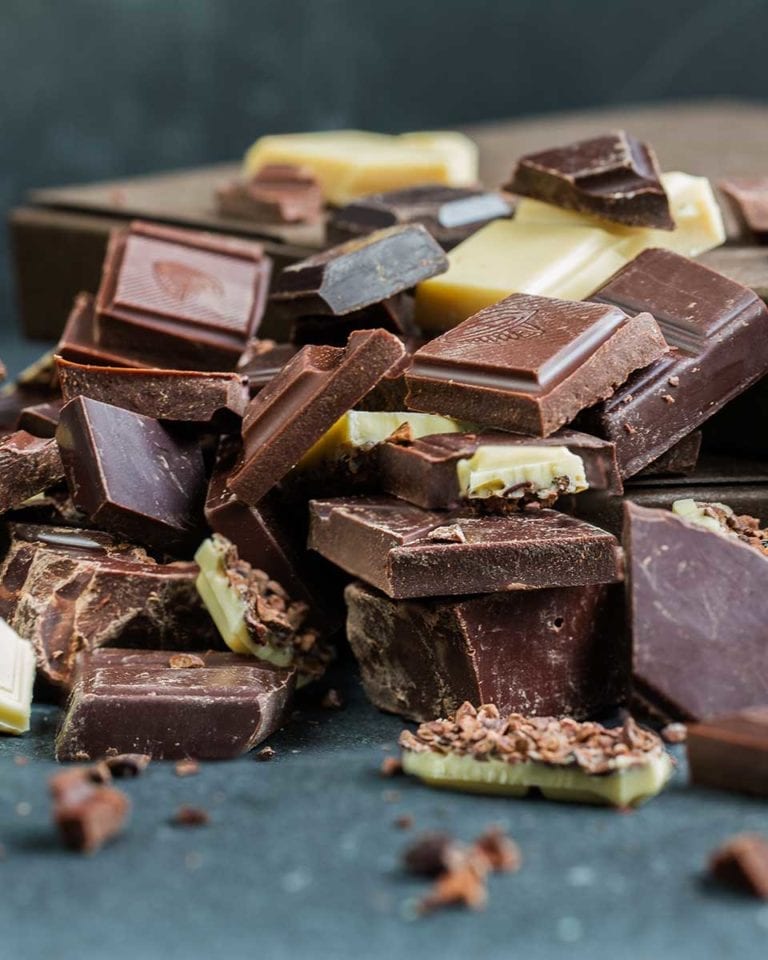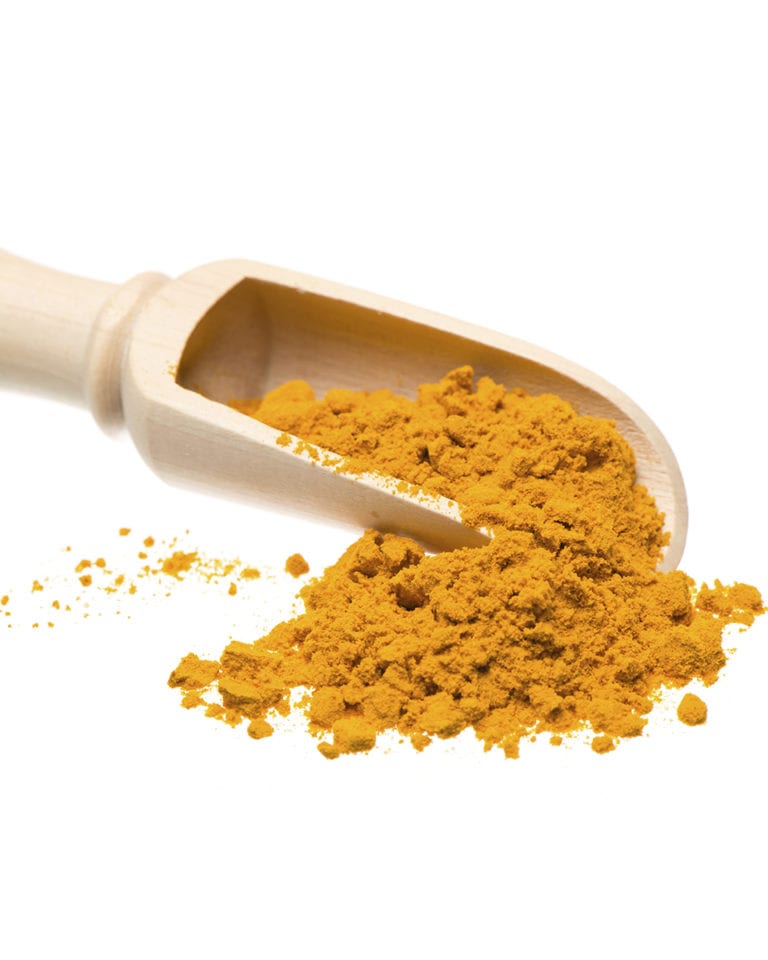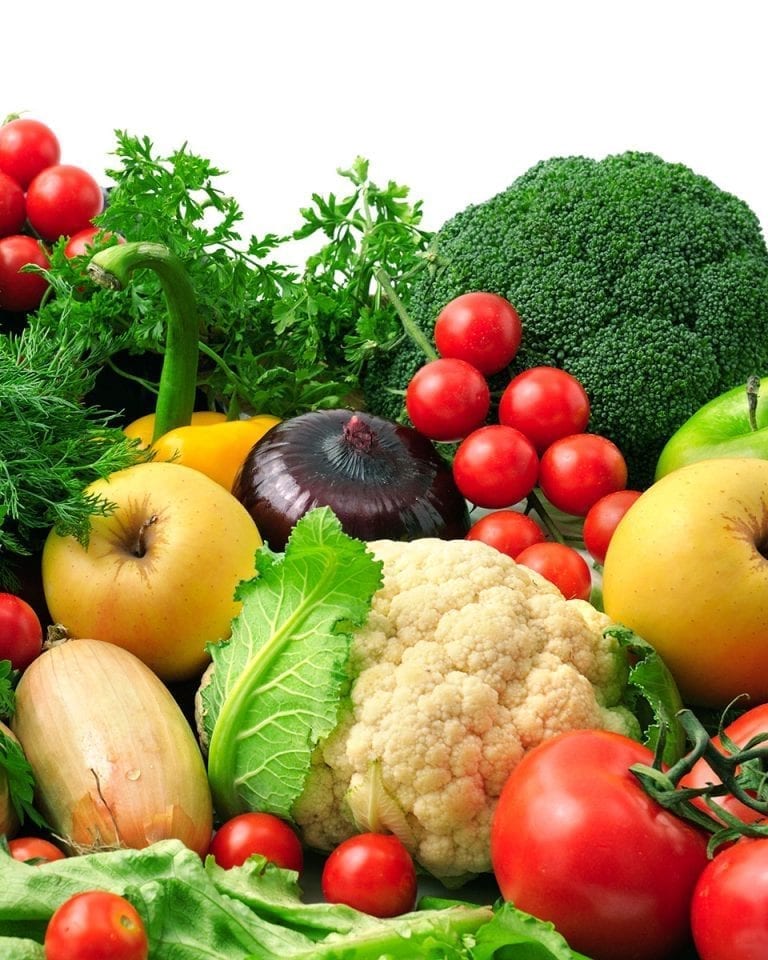Is there such a thing as a superfood?
It’s a buzzword you can’t escape at this time of year, along with other alleged health terms such as ‘detox’ and ‘cleanse’. But can superfoods really weave nutritional magic, or are they nothing more than a super swindle?
Sue Quinn investigates…
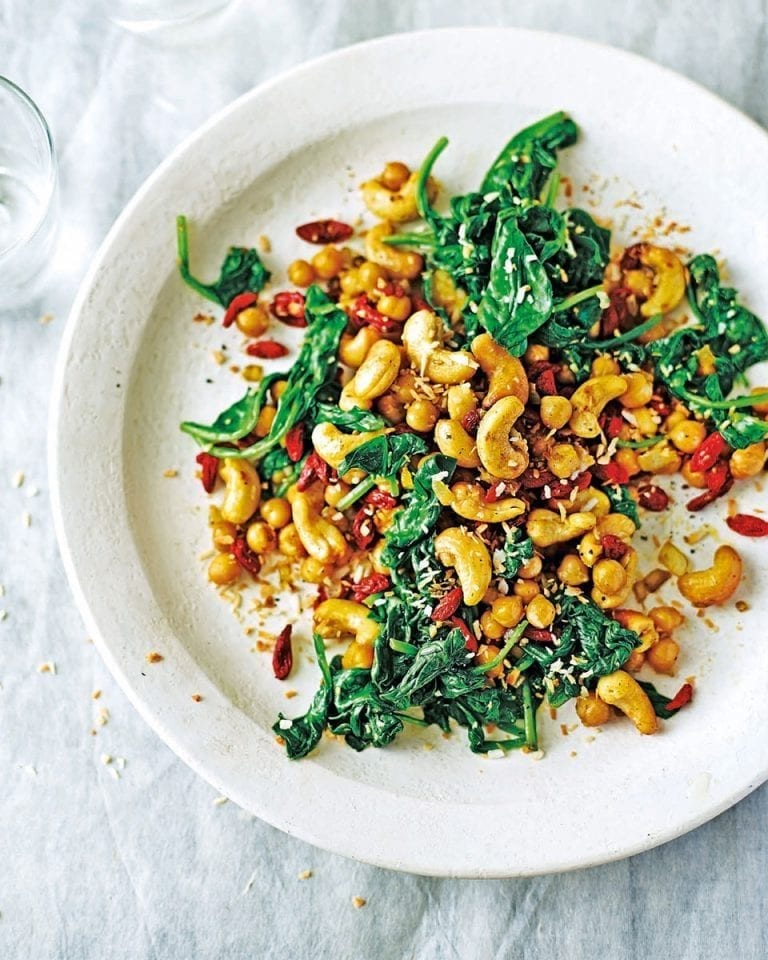
From exotic berries that claim to make you glow, to green leafy vegetables that purport to prevent cancer – these days there’s no getting away from so-called superfoods. Wellness bloggers and media reports make huge claims for these nutrient-dense foods: that they can stave off ageing and reduce the risk of a swathe of health problems. But do any of the claims stand up to scientific scrutiny?
The term ‘superfood’ has become ubiquitous in recent years, in line with growing public interest in food and health. An internet search of the word throws up more than 17 million results, from health blogs and supplement websites, online newspapers and magazines. “A daily dose of garlic can save your life,” claims one newspaper headline. “Why mangoes are the new superfood,” reads another, above an article explaining why the fruit “can help stop obesity and ward off type 2 diabetes”. And an enormous industry has grown out of the hype, dedicated to persuading us to buy these foods – often at vastly inflated prices.
No legal definition
Despite the widespread use of the term, superfood doesn’t have an official meaning. According to the Oxford Dictionary, a superfood is “a nutrient-rich food considered to be especially beneficial for health and well-being”. But it has no legal definition, which is why in 2007 the EU banned the word from being used in connection with food and drink products, unless accompanied by a health claim approved by the European Food Safety Authority.
But nutrition scientists and doctors question the validity of using a term that doesn’t mean anything. “The term superfood has no basis in science; it is a marketing term, often based on the theoretical benefits or the outcome of studies that are not always conducted on humans,” says Dr Duane Mellor, a nutrition scientist and spokesman for the British Dietetic Association. “It implies a greater health benefit than that of other foods, which can then be used to justify marketing them, often at a higher price.” Superfoods are generally healthy enough, but are they as amazing as they are claimed to be?
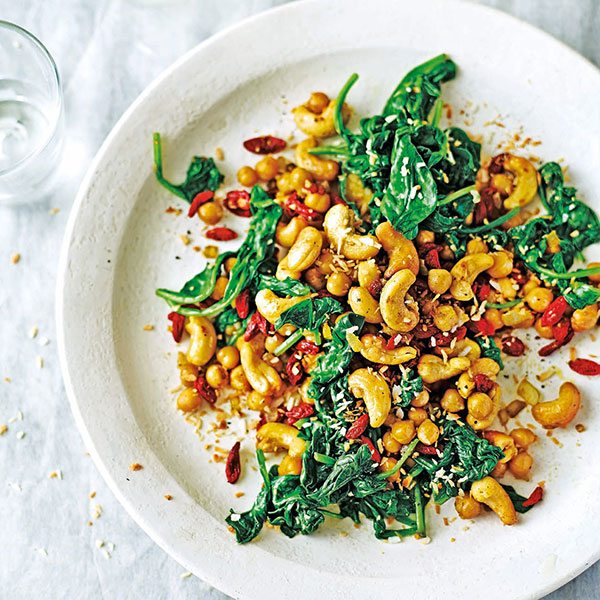
The science bit
Foods dubbed ‘super’ often contain antioxidants – molecules that can protect the body’s cells against damage caused by compounds known as free radicals. The body produces free radicals as part of normal biological processes, in some cases for beneficial purposes such as attacking invading bacteria. But free radicals are also absorbed from sources such as air pollution and cigarette smoke, or produced in excess amounts in people who are obese or have type 2 diabetes. This is when they can cause the cell damage associated with conditions such as heart disease and cancer.
Superfood proponents (as well as the supplements industry and food manufacturers) would like us to think that specific foods with antioxidant properties can fix or reduce the risk of developing these diseases. But the evidence doesn’t support this claim, according to Dr Mellor. He says that the ability of single foods to prevent damage from free radicals – even foods containing large amounts of antioxidants – is limited. “The body can’t absorb enough antioxidants to have an effect this way,” he says. “That’s because antioxidants must be concentrated in the blood at levels high enough to quench or ‘mop-up’ free radicals.”
It’s true that some laboratory studies have shown antioxidants, vitamins and minerals might have “some possible effect” on cancer cells, according to Dr Jana Witt from Cancer Research UK. “But many of these studies are done in vitro in the lab and don’t even involve testing on animals,” she says. “Many of these studies also involve far, far higher concentrations of nutrients than are found in foods, sometimes just the purified chemical and not the food itself. So to apply the results of the studies to humans is questionable, to say the least.”
Potential dangers
The claim that a single food can have miraculous powers is not only unproven, but there’s also growing evidence that eating a varied diet, rather than a select group of foods, is especially good for us. That’s because eating foods together can enhance the body’s ability to absorb nutrients, according to the European Food Information Council.
Dr Witt agrees, and adds that she’s concerned the hype surrounding superfoods might discourage people from eating a varied diet. “What is actually important is to eat a wide variety of fruit and vegetables, ideally of various colours, and a diet that contains lots of fibre,” she explains. She also worries that some people might opt for antioxidant supplements in the mistaken belief that these are better than eating the ‘superfoods’ in which they are found. “The evidence is that there is no benefit in taking these supplements, but there is evidence that some of them are possibly harmful,” she says.
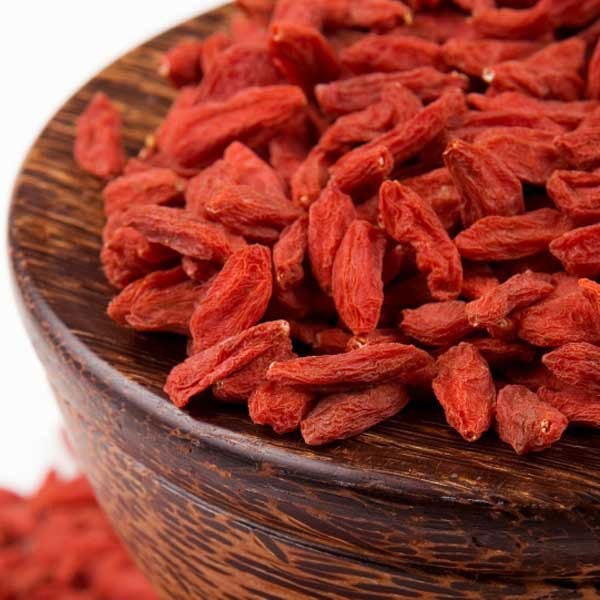
The verdict
Superfood is a marketing term; no single food, or food category, confers miraculous health benefits, according to doctors and nutritional scientists. Superfoods are generally healthy, but it’s important to eat a wide-ranging diet rich in fruit, vegetables and fibre, rather than one confined to certain foods. As Dr Mellor advises, it’s far better to eat a super diet than superfoods.
How do two hyped ‘superfoods’ actually stack up?
- Chia seeds are among the most fashionable (and expensive) superfoods, praised for being a rich source of omega-3 fats and linked to reduced risk of cardiovascular disease and curing depression. But much of the data is based on animal studies, or human studies with a small number of participants. What’s more, according to a recent report in New Scientist, the body more readily uses the form of omega-3 found in marine sources, so oily fish such as salmon (if you’re not vegetarian) could be a better option.
- Goji berries are widely cultivated in China and are said to improve immunity and life expectancy, and protect against cardiovascular disease. But the claims about these bright red berries are dismissed by the NHS Choices website, which says that most of the research is small scale, poor quality and conducted in labs using highly concentrated extracts. “There is no reliable evidence to support these alleged health benefits,” it concludes.
- Chia seeds are among the most fashionable (and expensive) superfoods, praised for being a rich source of omega-3 fats and linked to reduced risk of cardiovascular disease and curing depression. But much of the data is based on animal studies, or human studies with a small number of participants. What’s more, according to a recent report in New Scientist, the body more readily uses the form of omega-3 found in marine sources, so oily fish such as salmon (if you’re not vegetarian) could be a better option.
- Goji berries are widely cultivated in China and are said to improve immunity and life expectancy, and protect against cardiovascular disease. But the claims about these bright red berries are dismissed by the NHS Choices website, which says that most of the research is small scale, poor quality and conducted in labs using highly concentrated extracts. “There is no reliable evidence to support these alleged health benefits,” it concludes.
Subscribe to our magazine
Food stories, skills and tested recipes, straight to your door... Enjoy 5 issues for just £5 with our special introductory offer.
Subscribe
Unleash your inner chef
Looking for inspiration? Receive the latest recipes with our newsletter
